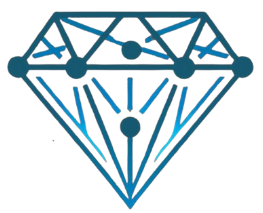DIAMOND-DM (DIAMOND Data Management)
Description
The DIAMOND-DM platform aims to provide users with the means to manage the data resulting from their research in a dedicated infrastructure hosted at the TGCC-Cloud. Services include data storage and sharing, a software ecosystem for structuring, capturing, filtering and extracting data, graphical viewing tools and connections to the project’s AI workflow tools targeted DIAMOND.
Location
TGCC-Cloud (CEA Bruyères-le-Châtel) infrastructure.
Contacts
Platform manager: Imanol SETOAIN
Associated targeted project coordinator: François WILLAIME
Technical characteristics
The platform will offer users the benefit of tools allowing them to define, for each project, the structuring of data with semantics for different files [1] and the links between these different files. It will thus be possible, for example, to dissociate the entry of data linked to manufacturing processes from those linked to the characterizations of the resulting samples, while preserving the link between these different files. For each project, we will also dissociate the meta-data which makes it possible to identify and give the main characteristics of the raw binary data which are by nature more voluminous.
The ambition is to provide projects with the tools to build a data management system in a very efficient manner, with a software system that supports user management, data management, input and consultation interfaces, links to processing pipelines and templates to facilitate the implementation of automatic extractions. The project administrator will then only have to adapt these tools for the semantics linked to each project before making it available to their community of users.
The servers and storage resources will be hosted at the TGCC Cloud, an infrastructure of the CEA computing center in Bruyères-le-Châtel, in charge of the CEA contribution to the HPC (High Performance Computing) scientific community, https://www -hpc.cea.fr/.
[1] Representation of a set of named elementary data with the associated ontology
Associated targeted project
